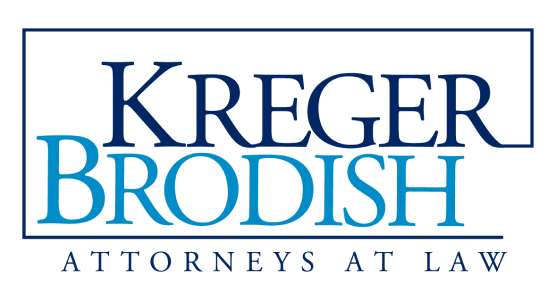If you have any questions or concerns about filing for Bankruptcy in North Carolina, please contact our Durham Bankruptcy Lawyers or Greensboro Bankruptcy Lawyers by completing the Free Consultation Contact Form to the right, by sending us an email at info@kregerbrodish.com or by calling us on the phone at 888-820-5885.
We are frequently asked about tax refunds from our Greensboro and Durham clients, especially leading up to April 15th and the answer on whether you can keep your tax refund is usually that it depends on your available exemptions.
In the North Carolina Bankruptcy Courts, both Federal and State Income tax refunds are treated just as if it was cash in your bank account. Your Federal and North Carolina State Income tax refund will become part of the property of the bankruptcy estate and are subject to be collected by the Chapter 7 Trustee unless the funds are exempted. This is the case, even if you have not already received your tax refund when your bankruptcy lawyer files your Chapter 7 petition.
For example, if you filed for Chapter 7 Bankruptcy in North Carolina on January 3, 2011, but have yet to file your 2010 Income Tax Return, and have not received your 2010 Tax Refund, then you still must list your expected tax refund as an asset on your Bankruptcy Schedules.
On the other hand, if you file for Chapter 7 Bankruptcy on June 1, 2011, then you are not concerned with your 2010 Income Tax Refund. Again, you still must list your expected tax refund on your Bankruptcy Schedules, but the refund’s value should be listed proportionality to the month in which you are filing. In our example, you are filing in June 2011; accordingly you need to include 6/12ths of your expected tax refund for the tax year 2011 (12 months in a year, you are filing in 6th month).
Now that you have determined that your Federal Tax Refund and North Carolina Tax Refund or expected tax Refund must be included as an asset on your Bankruptcy Schedules, you now need to look if you can exempt your tax refund. In a previous post, we discussed in detail the available property exemptions allowed for North Carolina resident debtors. Most North Carolina Chapter 7 Bankruptcy debtors may have the ability to keep their tax refund in the “wildcard exemption” if the debtor did not use his or her full exemption for real property. Another exemption that can be used is to keep your tax refund, or a portion of it, is by using the remainder of what is available in your house hold personal property exemption. Please review our previous post for a more detailed explanation of the North Carolina property exemptions, or contact your local Durham Chapter 7 Bankruptcy attorney or Greensboro Chapter 7 Bankruptcy attorney.
If you have any questions about keeping your Federal Income Tax Refund and North Carolina State Income Tax Refund should you file for Bankruptcy, please feel free to contact our Durham Bankruptcy Attorneys or Greensboro Bankruptcy Attorneys, via the Free Consultation Contact Form to the right, by email at info@kregerbrodish.com or by phone at 888-820-5885.






